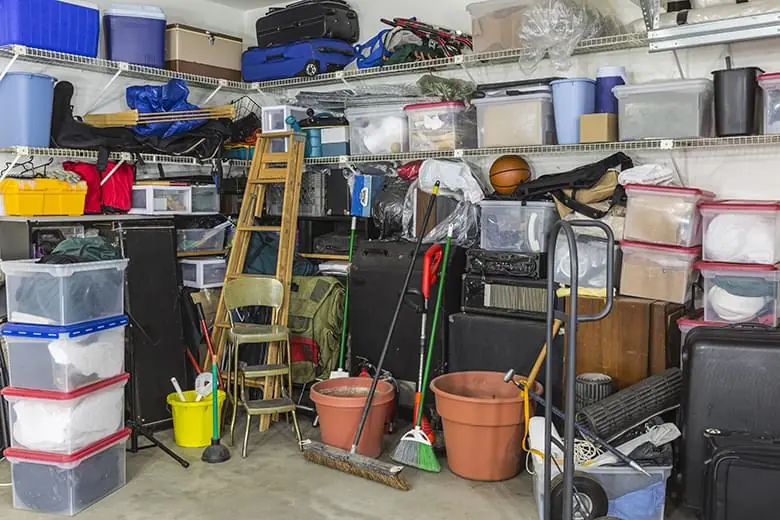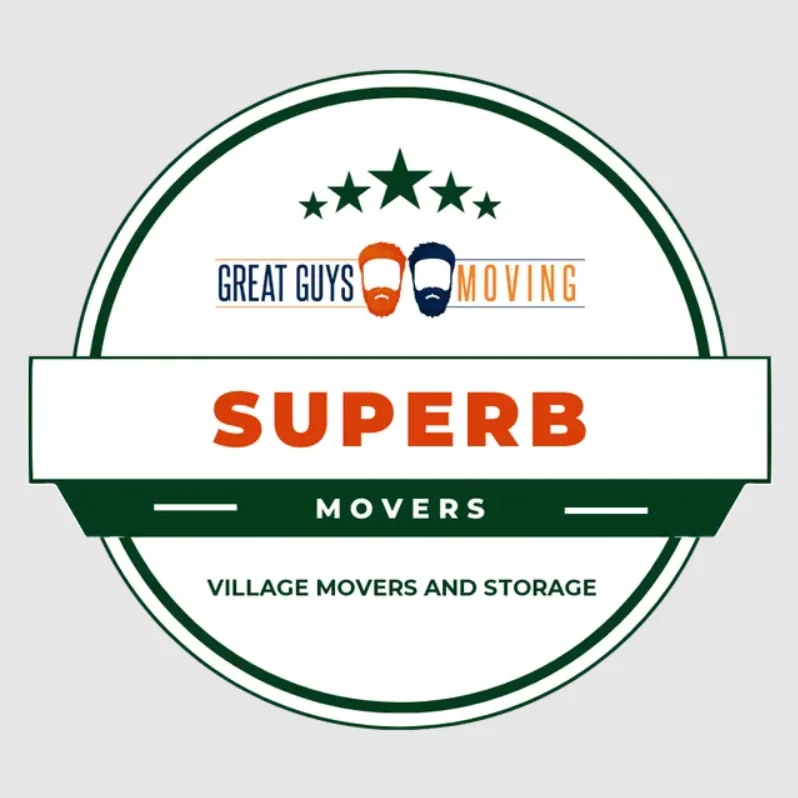When it comes to storing personal or business items, the choice of storage solution can significantly impact convenience, cost, and overall satisfaction. Whether you’re looking for a secure place to keep seasonal items, excess inventory, or even vehicles, understanding the pros and cons of different storage options is essential. In this article, we’ll compare self-storage facilities with alternative storage solutions, like garage rentals, to help you decide which option best suits your needs.
Understanding Self-Storage
Self-storage units are a popular choice for people who need temporary or long-term space to store personal or business items. These facilities typically offer a variety of unit sizes, ranging from small lockers to large spaces that can hold the contents of an entire home or office.
Common Features of Self-Storage Facilities Self-storage facilities are designed for easy accessibility, allowing you to retrieve and store your items at any time during business hours. Most facilities provide secure access with gated entrances, security cameras, and often 24/7 surveillance. Many also offer climate-controlled units for sensitive items like electronics, antiques, or documents that need to be kept at a stable temperature.
Typical Items Stored in Self-Storage People commonly use self-storage to store household goods like furniture, seasonal items, or keepsakes. Businesses also rely on self-storage for document archives, inventory, or equipment that isn’t frequently used.
Pros of Self-Storage
Convenience One of the key advantages of self-storage is the ease with which you can access your belongings. Facilities typically offer extended hours, and some are even open 24/7. This makes it convenient for individuals or businesses that need regular access to their stored items.
Security Self-storage facilities often have top-notch security features, such as surveillance cameras, gated entry, and individual unit locks. For high-value items, security is one of the biggest selling points of these facilities, providing peace of mind that your belongings are well protected.
Variety of Unit Sizes Self-storage units come in a wide range of sizes, meaning you can choose the space that best fits your needs. Whether you’re storing a few boxes or an entire office’s worth of equipment, there’s typically a unit that works for you.
Cons of Self-Storage
Cost While convenient and secure, self-storage can be expensive. Monthly rental fees can add up over time, particularly for larger units or climate-controlled spaces. Additionally, self-storage units often come with setup or administration fees, which can make them less affordable than other options.
Restrictions Self-storage facilities may have certain rules about what you can and cannot store. Hazardous materials, certain chemicals, and perishable items are typically prohibited. This can limit the types of items you may want to store in a self-storage unit.
Accessibility Issues Although self-storage facilities offer easy access, they may only be accessible during certain hours. Some people may find it inconvenient to retrieve items outside of those hours or during peak times when the facility is crowded.
Exploring Alternative Storage Solutions
As the demand for storage solutions continues to rise, alternative options like garage rentals and community-based storage are gaining popularity. These alternatives can offer more flexibility, lower costs, and a sense of community involvement.
Definition and Examples of Alternative Storage Options Alternative storage solutions generally refer to non-traditional storage spaces, such as renting a garage or utilizing community-based storage programs. These solutions are becoming more attractive as people seek affordable and easily accessible storage options.
The Growing Popularity of Garage Rentals Garage rentals allow individuals to rent space in a private garage or storage shed, often within a local community. This option is ideal for those who don’t require climate control or advanced security but need an accessible space to store items.
Garage Rentals as an Alternative
Renting Garage Space Renting a garage offers flexibility at an affordable price. The process is typically straightforward— you contact the property owner, inspect the space, and negotiate terms. The cost of renting a garage is usually much lower than self-storage, making it an attractive option for those with budget constraints.
Cost Comparisons with Traditional Self-Storage Units In many cases, renting a garage can be significantly more cost-effective than renting a self-storage unit. Garage rentals often have lower monthly fees, with the added benefit of more flexibility in terms of access and the types of items you can store.
Advantages in Terms of Accessibility and Flexibility Garage rentals are typically more accessible than self-storage units. As a private space, garage rentals may offer more flexibility with access times. You can generally visit the location at any time that suits you without the restriction of a set schedule.
Pros of Garage Rentals
Affordability Renting a garage can be much cheaper than using a self-storage unit, especially for long-term storage. This makes it a great option for people looking to save money on storage needs.
Local Support By renting a garage within your community, you contribute to the local economy and keep funds within the neighborhood. This can be a great way to support local homeowners while fulfilling your storage needs.
Personalized Arrangements With garage rentals, you may have more room to negotiate access times, the types of items stored, and other aspects of your storage arrangement. This personalized service can provide more flexibility than traditional self-storage facilities.
Cons of Garage Rentals
Inspection Requirements Before renting a garage, it’s important to thoroughly inspect the space to ensure it meets your needs. Issues such as dampness, poor security, or inadequate space should be identified before signing any agreements.
Scheduling Challenges With private garage rentals, coordinating access times can be a bit more challenging. You may need to work out a schedule with the property owner, which could cause inconvenience, especially if access is needed during off-hours.
Potential Security Concerns Although renting from a local community member can provide convenience, security may not be as stringent as with self-storage facilities. It’s important to discuss security measures with the owner to ensure your belongings will be safe.
Factors to Consider When Choosing a Storage Solution
When deciding between self-storage and alternative storage solutions, there are several factors to consider:
Assessing Your Specific Storage Needs The first step in choosing a storage solution is evaluating the size and type of items you need to store. Smaller, less sensitive items may do well in a garage rental, while fragile or valuable goods might require the added protection of a self-storage unit.
Evaluating Budget Constraints Cost-effectiveness is one of the key differences between self-storage and alternative storage solutions. If you’re on a tight budget, garage rentals offer a more affordable alternative, but you’ll need to weigh the potential security concerns and lack of climate control.
Considering Location and Accessibility The location of your storage unit is also important. A self-storage facility might be more convenient if it’s close to your home or office. However, a garage rental might offer greater flexibility in terms of access and lower costs, especially if it’s nearby.
Climate Control Needs
Certain items—such as electronics, antiques, or important documents—may require climate-controlled storage. In this case, self-storage facilities often provide climate-controlled units. However, it’s also possible to find garage rentals with climate control features, though they may be less common and more expensive.
Choosing the Right Storage Solution
When deciding between self-storage and alternative storage solutions, consider factors such as security, cost, accessibility, and climate control. If you require a secure, climate-controlled unit with high-end protection, self-storage may be the best option. However, if affordability and flexibility are your priorities, garage rentals might be the right fit.
By carefully assessing your needs, you can make an informed decision and choose the storage solution that best suits your situation.




